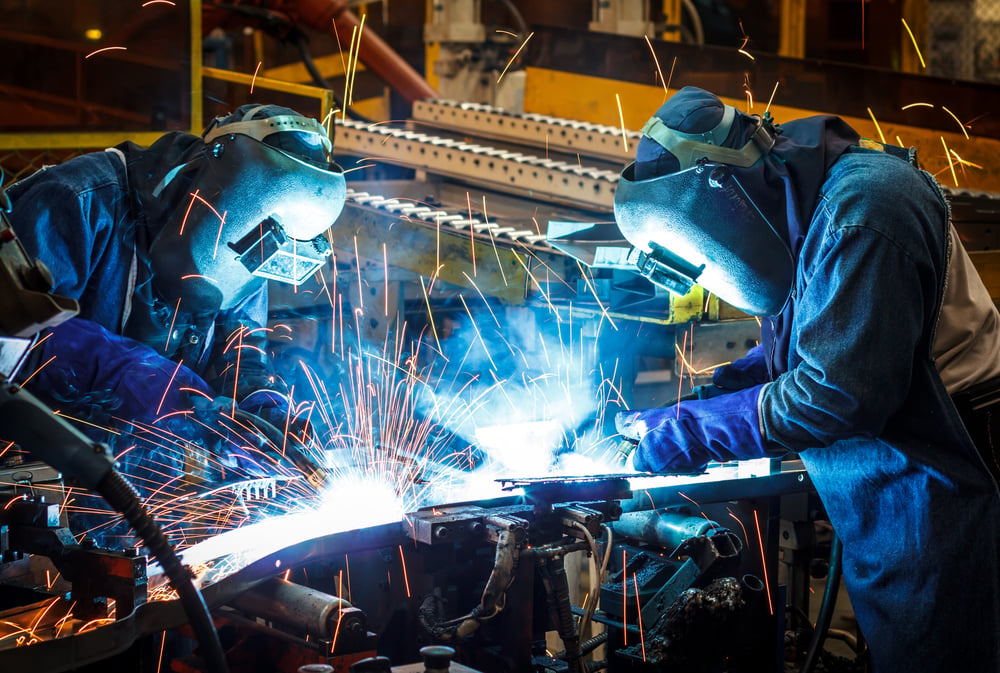Lean manufacturing is a philosophy that has taken the manufacturing world by storm in the past few decades. Businesses around the world have applied Lean management principles to organize the workforce, to optimize supply chains and to reduce waste across the entire company. According to Manufacturing Digital, the concept was originally developed by decision-makers at Toyota and is based on three principles: wastefulness, unevenness and overburden. The goal of Lean manufacturing is to maximize the resources a producer has, and deciding to offshore manufacturing to Mexico is a great way for U.S. businesses to implement Lean principles.
The concept of Lean manufacturing
U.S. businesses have their pick of where they want to offshore their production process, but Mexico continues to be a top choice because of its short supply chain and efficient workforce. According to Manufacturing Digital, the seven wastes Lean manufacturing looks to mitigate are:
- Overproduction
- Waiting
- Inventory
- Transportation
- Over-processing
- Motion
- Defects
Offshoring manufacturing outside of North America for a U.S. business increases the risk of waste for companies if they choose the wrong location. Transporting goods from one side of the globe to the other is expensive, time-consuming and wrought with challenges. When the production process is in China or India, there's a chance businesses will overproduce items to make the most out of their transportation costs and inventory, but this can lead to unsold stock, which is money down the drain. Having a large warehouse filled with goods that may not even make it to its target market is expensive to maintain. Lean manufacturing calls for strict management of the logistical process, supply chains and time-to-market, but it can also be applied to productivity.
According to CIO, optimized time management and productivity can directly influence a manufacturer's bottom line. Standardizing work can reduce the amount of product defects and streamline the production process. It can also ensure all employees understand exactly what's expected of them at all times. Offshoring to a far-away country can reduce the level of control a manufacturer has over their workforce.
Nearshoring production reduces wastes
Yet offshoring and Lean manufacturing can work together - if the manufacturer chooses the right destination. Expanding to Mexico is ideal for U.S. businesses looking to implement Lean manufacturing principles while still wanting to take advantage of all the benefits provided by offshoring.
Mexico's close geographic proximity to the U.S. is essential to reducing supply chain and logistical waste. Mexico and the U.S.'s infrastructures are connected, with trucks and trains being able to quickly and efficiently move from one country to the other. This allows manufacturers to retain costs similar to what they would be if the business kept the production process in the U.S. But being on the same continent isn't the only benefit of offshoring to Mexico; the workforce is extremely skilled in manufacturing auto parts and other types of heavy industrial goods, which many other countries aren't. This means Mexican employees are efficient, and, because Mexican wages are lower than the U.S., they produce the same quality goods at a fraction of the cost.
Subscribe
Sign up and stay informed with tips, updates, and best practices for manufacturing in Mexico.





